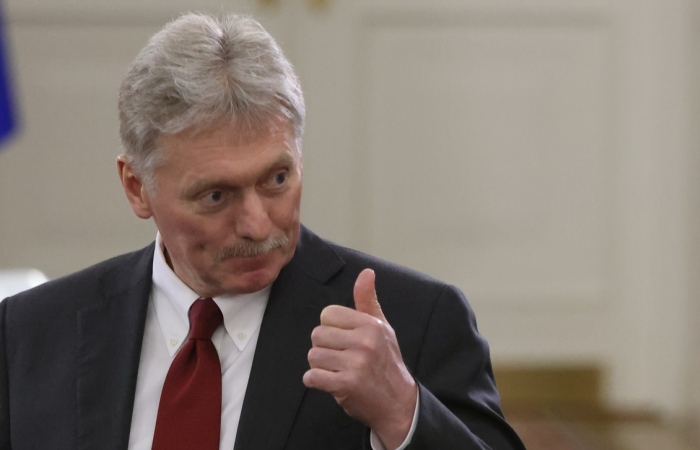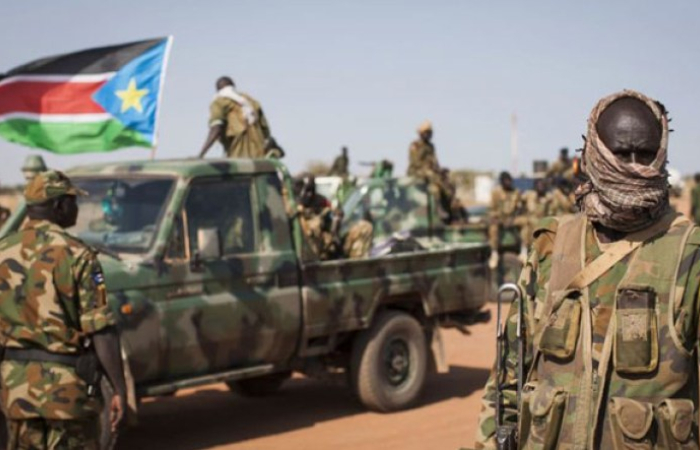Eurovision song contest officials have strongly condemned Armenia’s nominee after she raised the flag of the self-declared Nagorno-Karabakh Republic during a semifinal performance in Stockholm.
While waiting to receive her score, 29 year-old Iveta Mukuchyan waved the red, blue and orange flag at television cameras.
The European Broadcasting Union (EBU), which organizes the event, on Wednesday called Mukuchyan’s actions a “serious breach” of its rules, which include a ban on political messages.
"We are acutely aware of the tense situation in the Nagorno-Karabakh region, and the ongoing tensions between Armenia and Azerbaijan," it said in a statement.
The EBU faced controversy earlier this year when a list of banned flags, including that of the Nagorno-Karabakh Republic, was accidentally leaked.
“What Armenia wants is just peace,” Mukuchyan told reporters after the incident. “I put up the flag because I want people to concentrate on that. I just want peace in this world.”
Both Mukuchyan and the Azerbaijani nominee got through to the grand final, which takes place this weekend.
SOURCE: commonspace.eu and agencies
PHOTO: Iveta Mukuchyan, photo courtesy of asbarez.com







